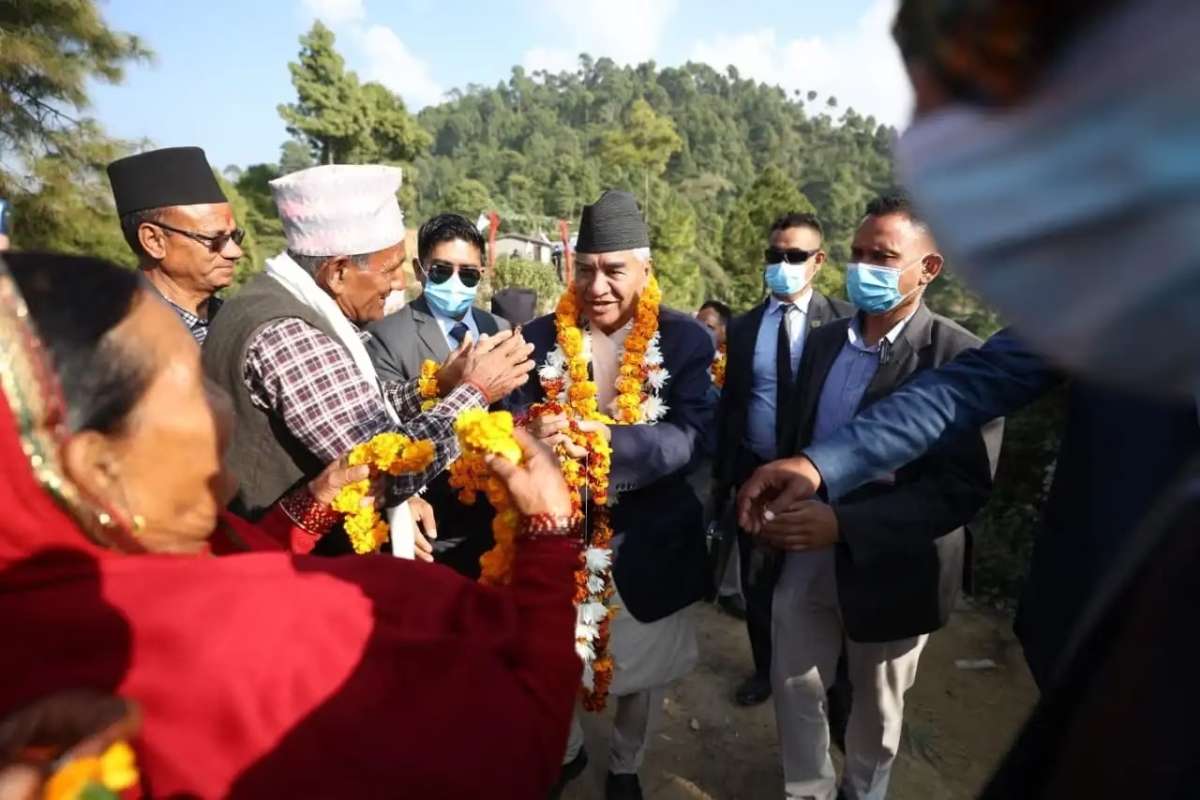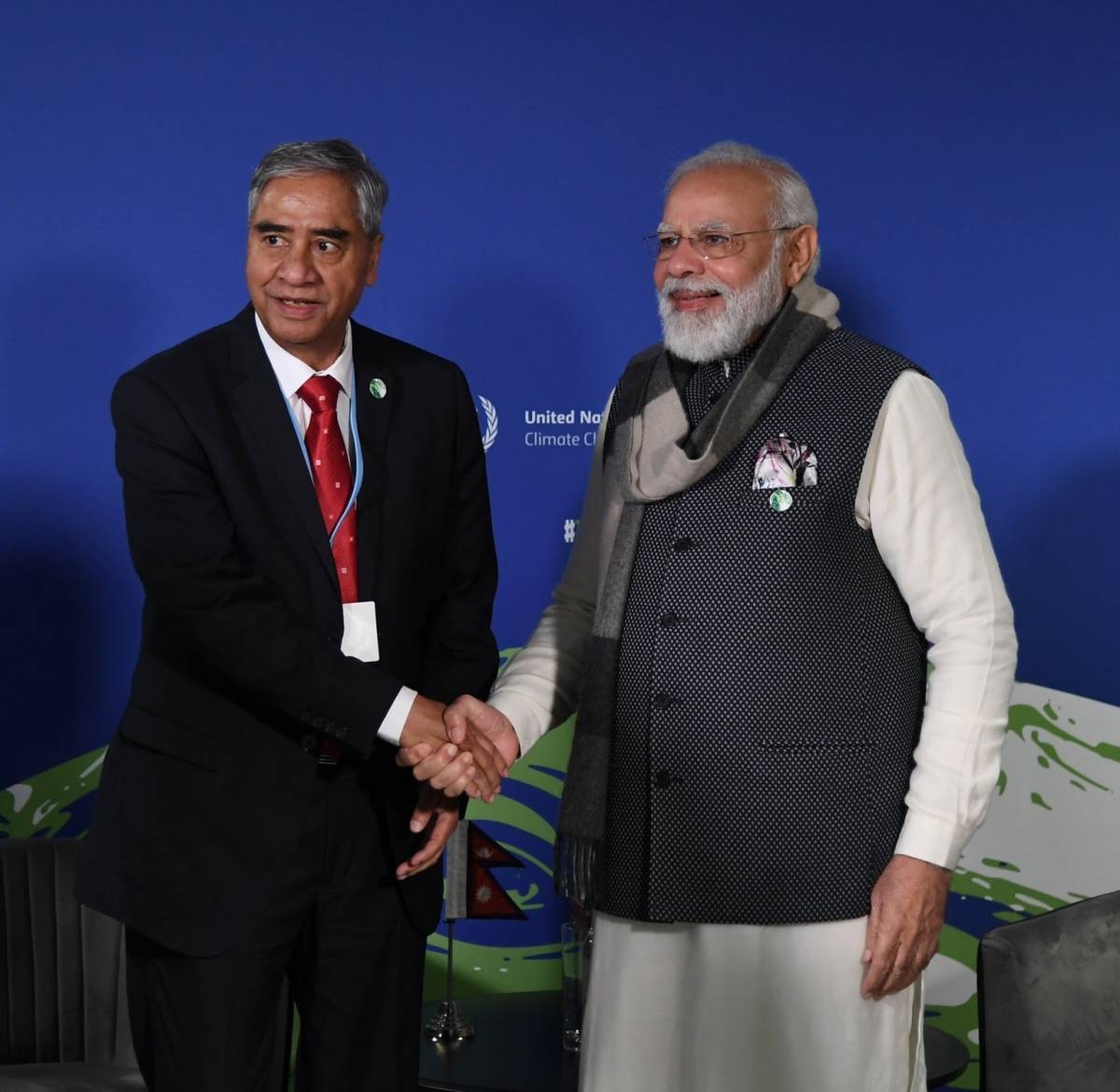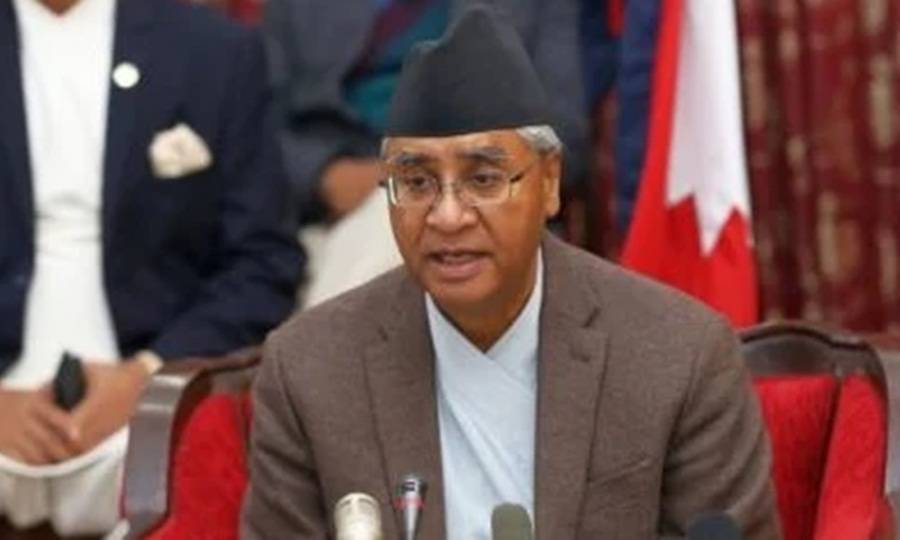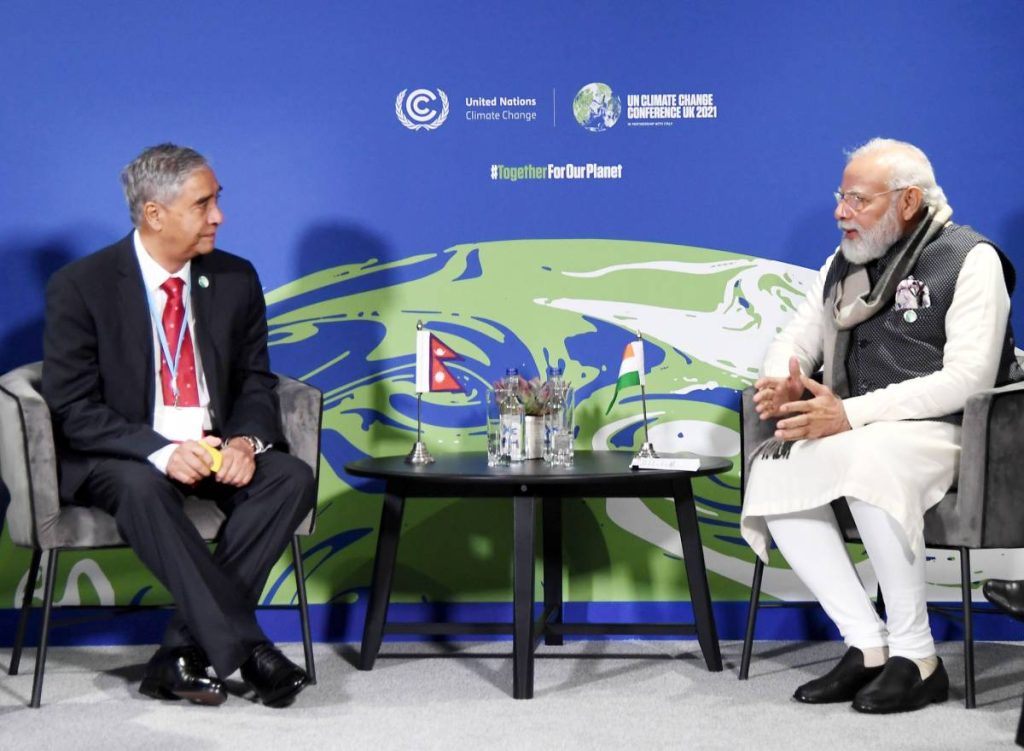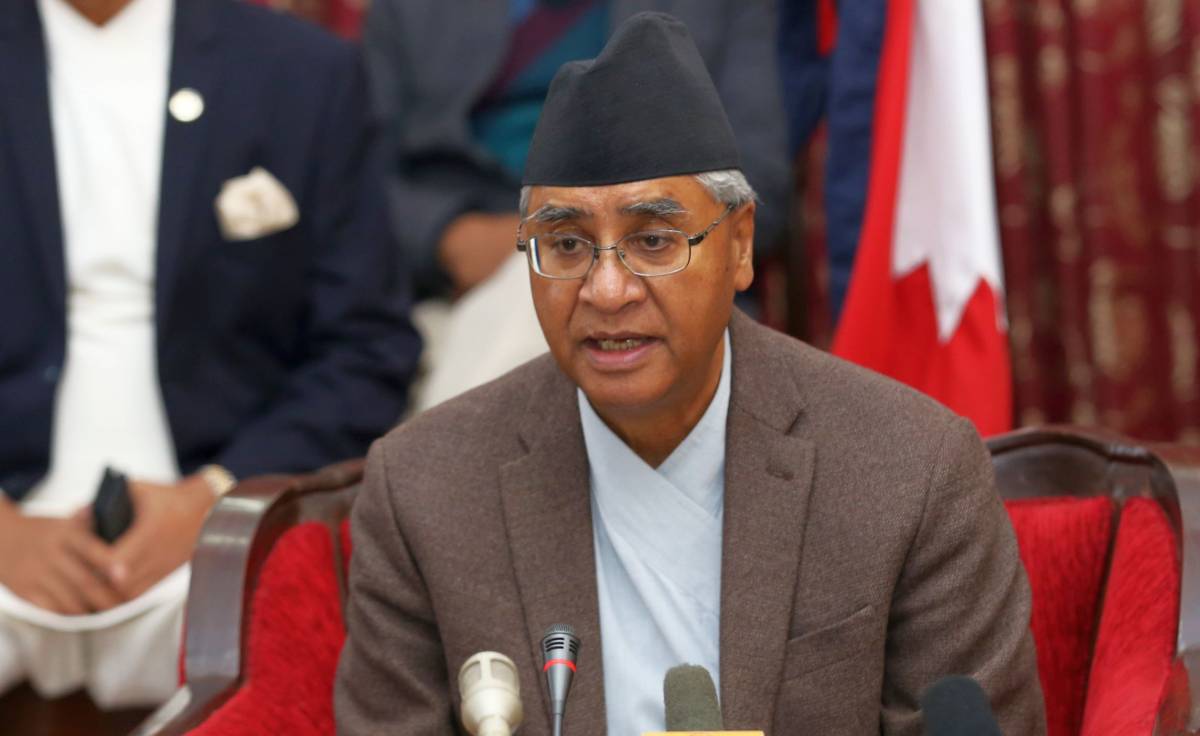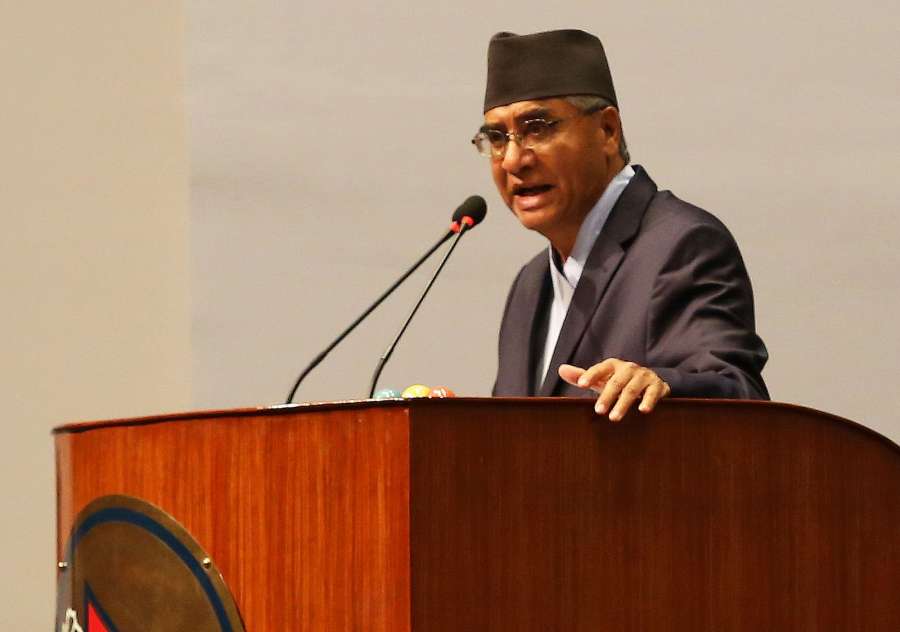As general elections are approaching nearer, the electorate in the province is grappling with several questions especially related to tardy economic growth…writes Santosh Ghimire
A sense of frustration is brewing in Sudurpaschim Province, the home turf of Nepal Prime Minister Sher Bahadur Deuba, where the youth, disenchanted with traditional political parties, is looking at independent candidates as drivers for change.
Formed in September 2015 after Nepal’s new constitution was promulgated, the border province shares its frontiers with China to the north, Karnali and Lumbini Provinces to the east. India’s Kumaon falls to the west and Uttar Pradesh to the south.
Politically too, the outcome of the results in the November 20 polls in the province can change the complexion of the government at the centre. Sixteen seats are up for grabs under the first past and post electoral system. Eight seats will be contested under the proportional electoral system in federal parliament. The provincial assembly has 52 seats of which 32 are under the proportional electoral system.
The province has been a bastion of the key political parties including the Congress. But, the number of independent candidates has grown sharply in recent years. At least over a dozen independents have fielded candidacies only in Kailali-5 for federal assembly polls. There are also independent candidates in the fray for provincial assembly polls in the same constituency.
Tharu, an indigenous tribe, has a sizable population in the province, leading most all parties to get on their side, Tharu voters who can make a huge impact in election outcomes, observers said.
Sudurpaschim is a home province of Nepal’s Prime Minister Sher Bahadur Deuba. His home constituency is Dadeldhura. He won general elections at least four times from the same constituency in the past three decades. This time also he is an election candidate from the same area.
Rallies and campaigns have intensified across the province ahead of the crucial elections that are being held for the second time after the country promulgated its first federal republican constitution in 2015. The first such elections happened in 2017.
Local political observers and media people from the province, with whom the India Narrative spoke to also expressed their frustration about the slow pace of development.
As general elections are approaching nearer, the electorate in the province is grappling with several questions especially related to tardy economic growth.
“I have watched the performance of all the political parties in recent years and found no substantive difference. Development works in our part are taking place at a very snail pace, it takes years to complete the construction of a bridge,” Ganesh Bista, an auto-rickshaw driver who lives in Mohanpur, Dhangadhi, told India Narrative on Saturday. In his opinion, all the major parties seem to have abandoned whatever guiding political ideology they had.
“I see their focus is just on winning elections, forming the government, enriching their party and leaders, and prolonging the life of their government. The common people like us are not their priority at all,” he said, venting ire on traditional parties. The man accused the political parties of doing nothing other than earning money and grabbing power. “I feel that all political leaders and their parties are the same. Their interest is in nothing other than money and power,” he said.
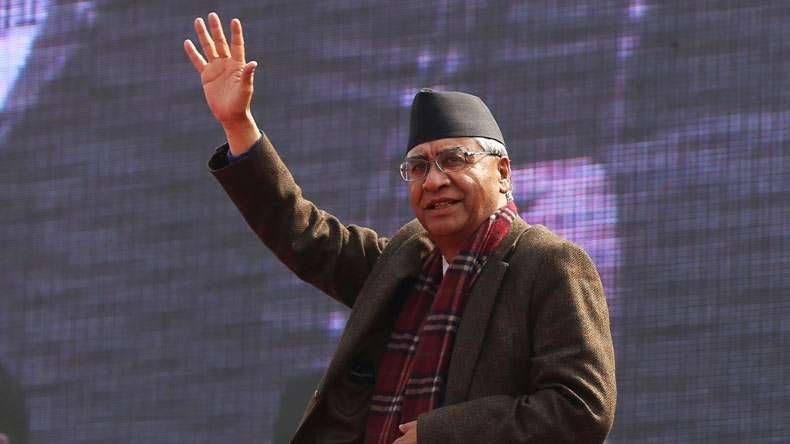
As traditional parties are losing faith in the public, there could be good prospects for independent candidates. Recent local elections held in May have also pointed to this budding trend. Gopal Hamal, an independent candidate, won the mayoral race in the local elections in Dhangadhi sub-metropolitan city, which is also the capital of Sudurpaschim Province.
“Hamal is now earning praise for various initiatives that he took in recent times including the widening of roads and managing the city’s drainage system,” Ram Prasad Joshi, a local resident of Saraswatinagar, told India Narrative.
The perception of the aforementioned auto-rickshaw driver and a local resident, of course, can’t represent the feelings of all voters in the province. But observers agree that the public trust in political parties has declined sharply for several reasons.
“It’s true that public trust in political parties has deteriorated because they have failed to live up to their promises that made in previous elections. Political party leaders come to meet people just ahead of elections for nothing other than seeking votes. This sort of tendency has invited frustration among the voters,” Prakash Bhatta, a social worker-turned businessman based in Dhangadhi, told India Narrative.
He said that the province is also detached from the federal capital Kathmandu, emotionally, geographically and politically.
“People feel that there is no direct link between them and Kathmandu. That means political parties are Kathmandu-centric and doing very little to their well-being,” Bhatta, who also contested general elections in the past, said.
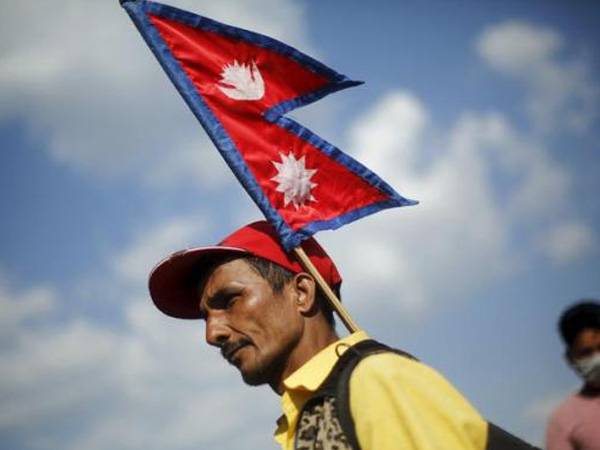
Good prospect for independents
He sees good prospect for independent candidates in future elections. “More independent candidates will emerge victorious in local, provincial assembly and federal elections if traditional parties don’t introspect and work in meeting people’s aspirations as per the changed context,” Bhatta added.
Youths say there is a choice if the upcoming election is used as an opportunity to upend the hegemony of the major parties and usher in a new era in the political development.
“We are not happy with the political culture of these traditional parties. Its high time we young men and women formed new parties and challenged the older parties, thus providing an alternative to voting for the major parties’ yes men,” Bimal Regmi, a 27-year-old youth from Purnarbas, told India Narrative.
Deuba, Oli visit Sudurpaschim
As part of his election campaign, PM Deuba, along with his wife Arzu, reached his constituency Dadeldhura on Saturday. In the photo that Deuba shared on Twitter, he was seen greeted by hundreds of his party leaders and cadres.
KP Sharma Oli, leader of the CPN (UML), the main opposition, who is also former prime minister, on Friday, launched his election campaign from Darchula, a district in Sudurpaschim Province. Oli was also seen greeted by hundreds of his party leaders and cadres when he addressed rallies.
In their election rallies in Dadeldhura and Darchula, Deuba and Oli both vaguely said they would bring socio-economic transformation of the country if they regained power through upcoming polls.
As the Deuba and Oli visited Sudurpaschim Province, youths looked at them with suspicion. The similarity between the two top leaders was that both of them claimed to settle a boundary row with India through diplomatic talks if they made a comeback through upcoming elections.
(Santosh Ghimire is India Narrative’s Nepal correspondent. He is currently reporting from the India-Nepal border on the upcoming November 20 elections)
(The content is being carried under an arrangement with indianarrative.com)

